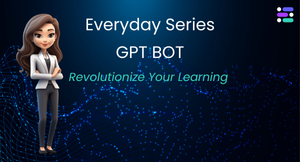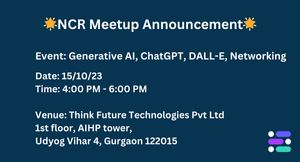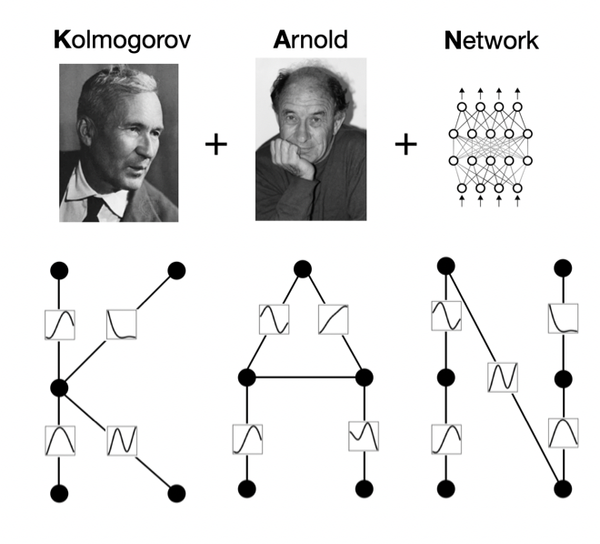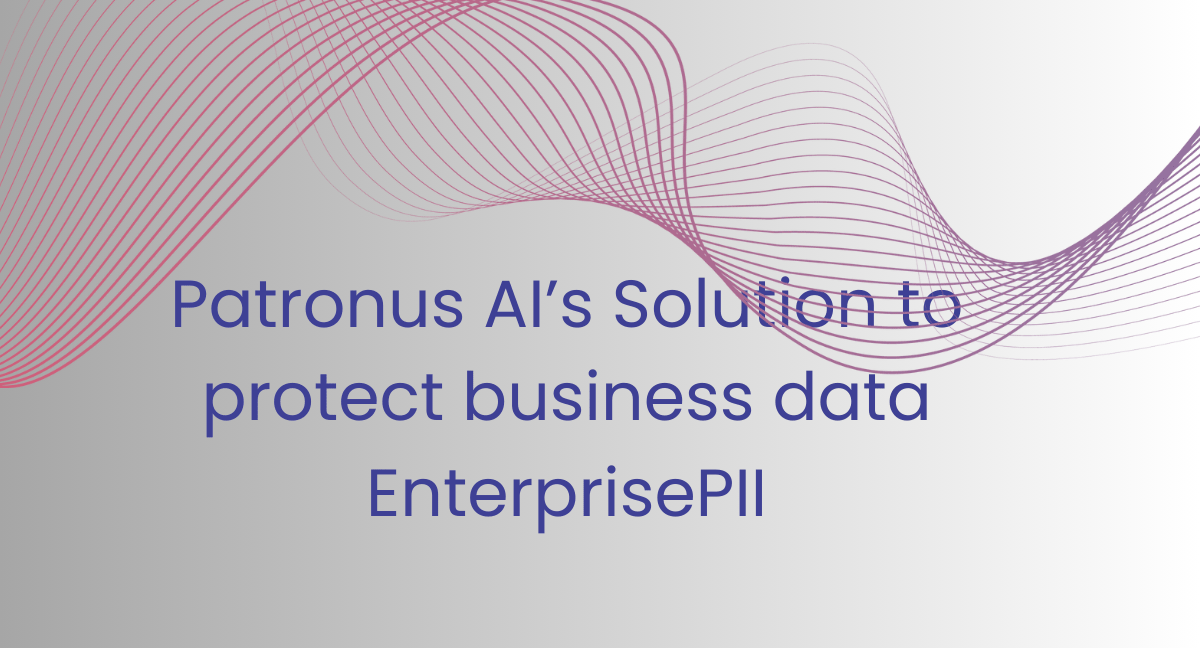In a rapidly advancing technological landscape, artificial intelligence (AI) stands out as a transformative force that promises to revolutionize every aspect of our lives, including the job market. While concerns about AI disrupting employment opportunities persist, it is essential to recognize the potential for AI to enhance certain roles and open up new avenues for human workers. In this article, we will explore the opportunities and challenges created by AI in the job market and discuss strategies for individuals, businesses, and policymakers to navigate this new technological frontier.
- Opportunities Created by AI in the Job Market
- Increased productivity and efficiency: AI technology has the potential to automate repetitive tasks, process vast amounts of data quickly, and improve decision-making processes. This leads to cost savings, improved competitiveness, and better customer service. Moreover, AI can provide valuable insights to develop effective strategies and products, enabling organizations to stay ahead in a rapidly evolving marketplace.
- Automation of repetitive tasks: By automating mundane and repetitive tasks, AI liberates human workers from monotonous activities, allowing them to focus on more creative and higher-value activities. This not only leads to more fulfilling work but also increases overall efficiency and productivity within organizations.
- Creation of novel job roles and industries: As AI technologies continue to advance, new opportunities emerge for individuals with expertise in AI development, data analysis, and machine learning. AI stimulates the growth of emerging industries and creates employment opportunities in cutting-edge sectors, fostering innovation and economic growth.
- Augmentation of human capabilities and decision-making: AI has the potential to augment human capabilities by analyzing vast amounts of data, generating valuable insights, and enhancing decision-making processes. The combination of human expertise and AI-powered insights leads to more informed and effective outcomes, benefitting a wide range of industries and professions.
- Job Market Challenges Posed by AI
- Displacement of certain job roles: Automation and AI technologies may eliminate or reduce jobs that involve routine and repetitive tasks. This poses concerns about job security and the need for workers to adapt to new roles. Retraining and job transition support are crucial to facilitate smooth transitions and minimize negative impacts.
- Skills gap and the need for upskilling and reskilling: The rapid advancement of AI creates a skills gap in the workforce. Upskilling and reskilling initiatives are necessary to ensure workers have the skills needed to work alongside AI systems. Collaboration between educational institutions, employers, and policymakers is vital to provide accessible and relevant training programs.
- Ethical considerations and bias in AI systems: Bias in AI systems can perpetuate inequalities and discrimination. It is important to design and implement AI systems in a fair, transparent, and accountable manner. Prioritizing diverse and representative datasets, rigorous testing, and validation processes are essential to minimize bias and promote ethical AI practices.
- Unequal job opportunity distribution: The adoption of AI can lead to job polarization, with a concentration of highly skilled jobs and limited opportunities for low-skilled workers. Policies promoting inclusive growth and equal access to AI-related education and training are needed to ensure a fair and equitable job market.
- Impact on Specific Industries and Professions
- Manufacturing and logistics: AI automation streamlines production processes, optimizes supply chain management, and creates new job opportunities in programming and maintenance. Human workers collaborate with AI systems to ensure efficient operations and address complex challenges.
- Customer service and support: AI-powered chatbots and virtual assistants improve response times and customer experiences. However, human customer service representatives remain essential for complex interactions and two-way communication, providing empathy and personalized support.
- Healthcare and medicine: AI aids in early detection, diagnosis, and treatment planning, improving patient outcomes and enhancing the capabilities of healthcare professionals.
- Preparing for job transitions and societal impact:
- As the job market undergoes significant transformations due to AI, it is necessary to prepare for job transitions and mitigate any potential negative societal impacts. Governments, educational institutions, and businesses should collaborate to provide support and resources for workers who may face job displacement. This can include retraining programs, job placement assistance, and financial support during periods of transition. Additionally, social safety nets should be strengthened to protect vulnerable workers and ensure a smooth transition to new job opportunities.
- Retraining and upskilling programs: To address the skills gap created by AI, retraining and upskilling initiatives are crucial. Governments and educational institutions should collaborate to offer programs that provide individuals with the necessary skills to work alongside AI systems. These programs should be accessible, affordable, and tailored to the needs of different industries and job roles. By equipping individuals with the knowledge and expertise required in AI-driven environments, they can adapt to the changing job market and secure new employment opportunities.
- Job placement assistance: As certain job roles become obsolete or diminish in demand, job placement assistance programs can help displaced workers find new employment. These programs can include career counseling, job matching services, and networking opportunities to connect individuals with available job openings. Collaboration between government agencies, industry associations, and recruitment firms can ensure effective job placement assistance and support workers in navigating the job market.
- Financial support during transitions: Job displacement due to AI can have financial implications for individuals and their families. Governments should consider providing financial support, such as unemployment benefits or transitional income assistance, to help individuals during periods of job transition. This support can alleviate financial stress and provide a safety net while individuals seek new employment or undergo retraining programs.
- Strengthening social safety nets: AI-driven changes in the job market may disproportionately impact vulnerable workers, including those in low-skilled jobs or marginalized communities. Strengthening social safety nets, such as unemployment insurance, healthcare benefits, and affordable housing programs, can help protect these individuals during job transitions. Additionally, policies promoting income equality and social inclusivity can reduce the negative societal impacts of job displacement and ensure a more equitable distribution of opportunities and resources.
- The impact of AI on the job market presents both opportunities and challenges that require careful consideration and proactive measures. While AI technologies offer increased productivity, efficiency, and innovation, they also pose concerns about job displacement, skills gaps, and ethical implications. By embracing lifelong learning and continuous education, individuals can acquire the skills needed to thrive in AI-driven job roles. Fostering collaboration between humans and AI systems allows for the integration of AI technologies while leveraging human expertise and creativity. Addressing bias and ensuring ethical AI practices are essential to prevent discrimination and promote fairness.
- Creating a supportive ecosystem that encourages AI adoption and innovation requires collaboration between academia, industry, and government. Policies and incentives should be put in place to foster AI research and development, entrepreneurship, and investment. This includes the development of AI infrastructure and digital literacy programs to ensure broad access to AI technologies and education. By prioritizing job transitions and societal impact, governments, educational institutions, and businesses can provide support and resources to workers facing job displacement. Strengthening social safety nets ensures that individuals are not left behind during these transitions and helps create a more inclusive and prosperous society.
- Ultimately, navigating the AI revolution and reshaping work requires a collective effort. By embracing the opportunities and challenges presented by AI, we can shape a future where humans and machines work together to create a more productive, inclusive, and prosperous society. With thoughtful planning, collaboration, and proactive measures, we can ensure that the AI revolution benefits all of humanity and leads to a positive future of work.
We research, curate and publish daily updates from the field of AI. Paid subscription gives you access to paid articles, a platform to build your own generative AI tools, invitations to closed events and open-source tools.
Consider becoming a paying subscriber to get the latest!








